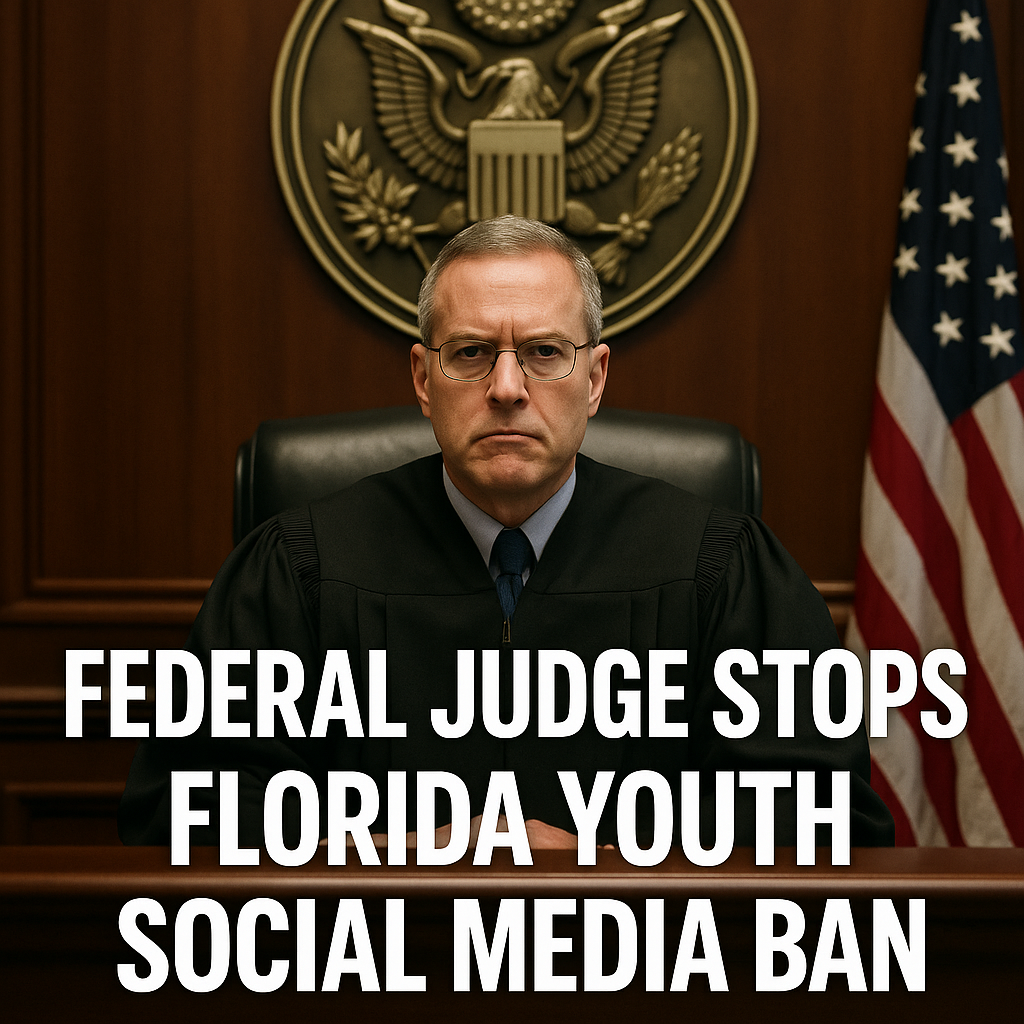Wiped Clean: Michigan to Drop Thousands from Sex Offender List in July and Open Doors to Out-of-State Criminals
Michigan is set to overhaul its sex offender registry laws starting July 1, resulting in thousands of names being permanently removed from the state’s list of convicted sex offenders. The change comes as part of a settlement agreement and updated registry laws that critics say could endanger public safety while making Michigan a magnet for out-of-state criminals.
According to the Michigan State Police, more than 10,000 sex offenders—many with serious convictions—will no longer be required to register, effectively wiping their pasts from a key tool used by communities and law enforcement to monitor known predators. This radical change comes on the heels of years of legal challenges brought by groups that claimed the state’s prior sex offender laws were unconstitutional.
State officials claim the new law is a response to a 2021 federal court decision that found portions of Michigan’s registry laws to be vague and overly punitive. In response, Michigan legislators revised the registry rules in 2021, but a settlement agreement reached earlier this year has triggered the mass removal of registrants with pre-2011 offenses.
Critics, however, see the move not as a matter of justice but as a dangerous concession to activists and progressive legal theorists. “This is not about constitutional fairness,” said David Kallman, an attorney with the Great Lakes Justice Center. “This is about erasing records and putting children and families at risk by prioritizing offenders’ rights over victims’ safety.”
Under the revised policies, offenders who were convicted before 2011 and whose registration requirements have expired or been deemed excessive will be automatically removed. Many of these individuals were placed on the list for life. That lifetime monitoring is now being cut short in what conservatives are calling a reckless rollback of accountability.
Not only is the state purging thousands of names, but Michigan’s Department of Corrections also confirmed that it has begun processing new arrivals from other states, many of whom are sex offenders looking to relocate under the state’s less restrictive system. This has sparked widespread backlash from prosecutors, parents, and lawmakers across the Midwest.
“Michigan is going soft on sex crime and opening its borders to dangerous people,” said Sen. Jim Runestad (R-White Lake). “We’ve now become a sanctuary state for predators. It’s an outrageous betrayal of our duty to protect the public.”
The move appears to be part of a broader trend in progressive states where criminal justice reform is morphing into blanket amnesty. The offenders being released from registration are not simply individuals convicted of minor offenses. Many have histories involving assault, exploitation of minors, and repeat convictions.
Law enforcement officials warn that the changes will make it more difficult to solve future crimes and prevent recidivism. “Registry information is one of our most effective tools in protecting children and preventing repeat offenses,” said a spokesperson from the Michigan Sheriff’s Association. “Stripping that away leaves communities exposed.”
Beyond state borders, Michigan’s policy shift is already influencing other states’ offenders to relocate. Several legal aid organizations have openly advised sex offenders in neighboring states to consider moving to Michigan, where the risk of long-term registration or public notification is dramatically reduced.
Conservative watchdog groups are also raising concerns about the role of activist organizations in pressuring courts and lawmakers to weaken the registry. “This is another example of far-left groups hiding behind the banner of ‘civil rights’ to dismantle laws that serve a critical public safety function,” said Eric Thompson, a Christian political commentator. “What’s next? Decriminalizing sex trafficking?”
Notably, Michigan’s Department of Health and Human Services has not issued a public advisory regarding the risk of known offenders being unregistered. Parents are expressing frustration over the lack of transparency. “We use the registry to know who’s around our kids,” said Jennifer Mason, a mother of three from Grand Rapids. “Now that safeguard is being ripped away without even a warning.”
The policy shift is not happening in a vacuum. Michigan has faced criticism in recent months for other controversial decisions, including expanded access for out-of-state criminals seeking leniency. This climate of leniency, some say, is driven by a state government increasingly hostile to traditional law-and-order principles.
The sex offender registry overhaul takes effect July 1. Victim advocacy groups are urging families to be vigilant and to contact their local representatives to push back against what they describe as a dangerous and immoral policy shift.
As Michigan steps into uncharted legal and ethical territory, many are left wondering whether this experiment in leniency will protect rights—or simply empower repeat offenders to harm again.





